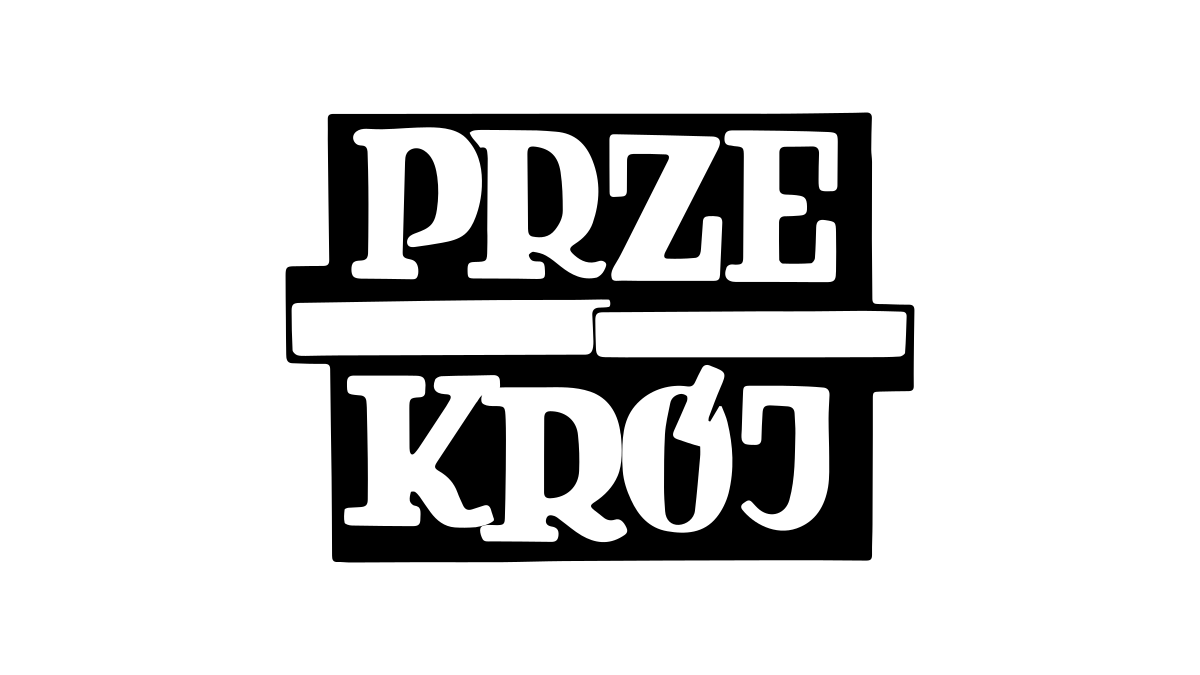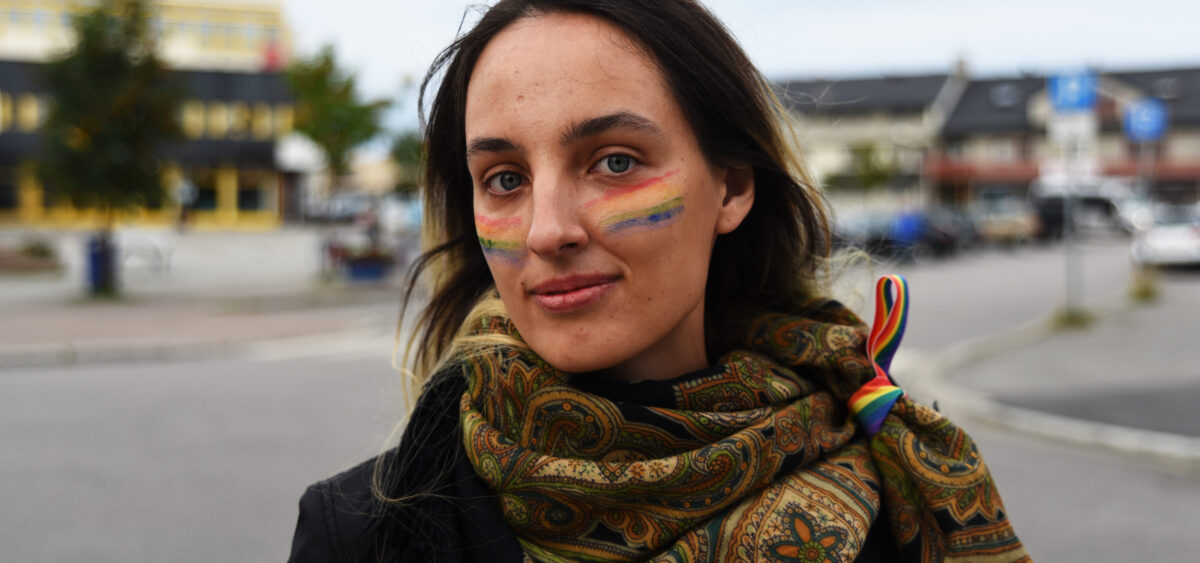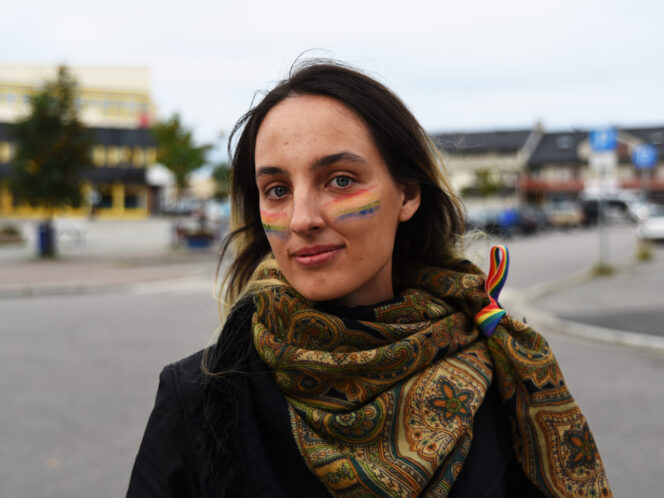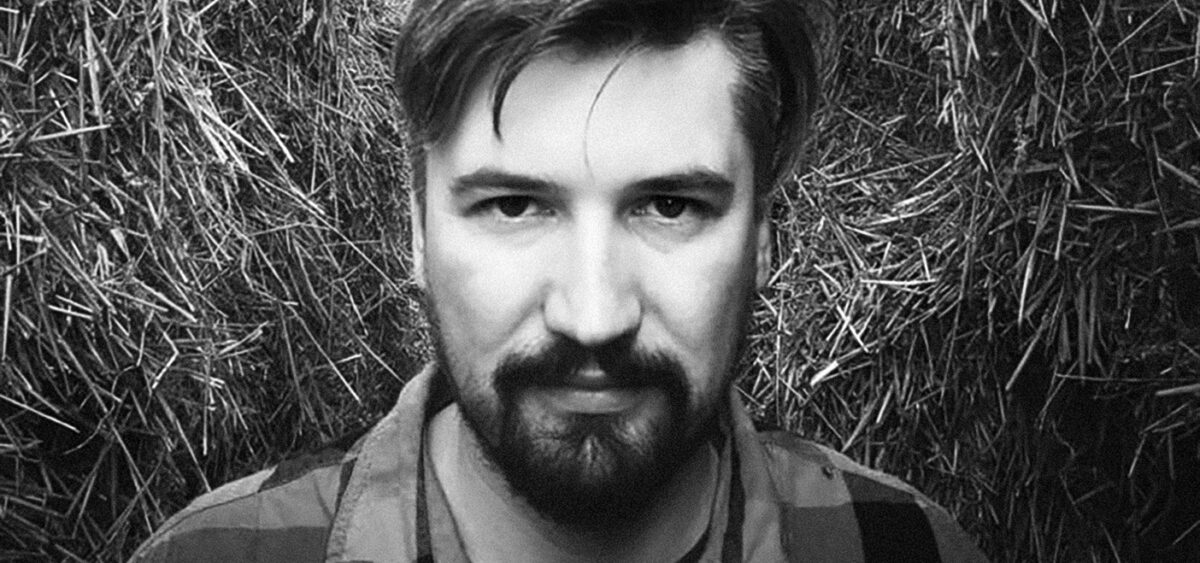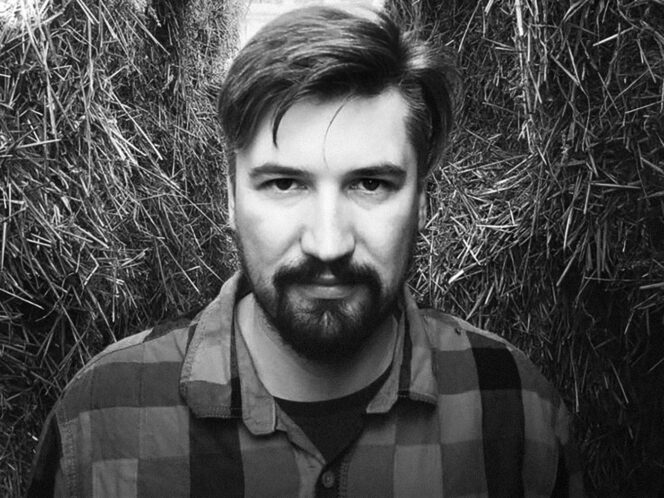
Some say the things we cherish the most are those that can cause us the greatest pain. Journalist Elena Kostyuchenko feels so wounded by Russia that her country is the only thing she can ever write about. Now the author of the acclaimed book Нам здесь жить [We Are to Live Here] explains why even those who criticize the situation in Russia are unable to live anywhere else.
Aged 15, she read Anna Politkovskaya’s investigative article and decided she wanted to write just like her. Two years later, she left her hometown Yaroslavl for Moscow and applied for an apprenticeship at the independent daily Novaya Gazeta. She was the youngest journalist on the team and she still works there today. Elena Kostyuchenko is only 34 years old and yet she’s already spent half of that time working as a reporter. She was the first to write about Pussy Riot, and it was her article that revealed the Russian army’s actions in Crimea in 2014. Her exceptional investigative pieces are unfailingly broad and detailed, always written from a close distance. Subjected to numerous attacks and arrests, Kostyuchenko has the opinion of a fearless journalist. When asked about it, she says that she is biologically unable to feel fear, she simply does not know it. She was an LGBTQ+ activist and has organized protests against minority discrimination. She studied in the US and has worked in several other countries. She likes Berlin and Tbilisi, but she cannot even begin to imagine her life anywhere other than Russia. Her turquoise eyes are beautiful and filled with sorrow.
Paulina Wilk: They say of you that you can squeeze into any nook and cranny in Russia. You have written about bribery among traffic police, Moscow cleaners, homeless teenagers, the destruction of nature, and everyday life in villages cut off from the world. Every case takes you months, sometimes years to investigate. How do you choose your topics?
Elena Kostyuchenko: I have been working in Novaya Gazeta for 17 years now. Half of my texts are commissioned by the newspaper; as for the other half, I choose them myself. People come to me, write, call, tell me their stories, and I follow some of them up. Sometimes, I look for ideas deep inside, in myself. I’m a regular person, so when I feel there is some blank spot within me, a space that lacks knowledge, it means others feel the same. And so it’s worth investigating. There are also stories I think about for a long time, but don’t know how to approach. It takes years to get there. In Russia, it’s not so easy.
You were a teenager when you realized those blank spots existed. When reading investigative reports, it dawned on you that you don’t know the truth about your country, just like most Russians. Do you feel much has changed since then, for better or worse?
Once Putin gained power, he began building a manually-operated system. It
